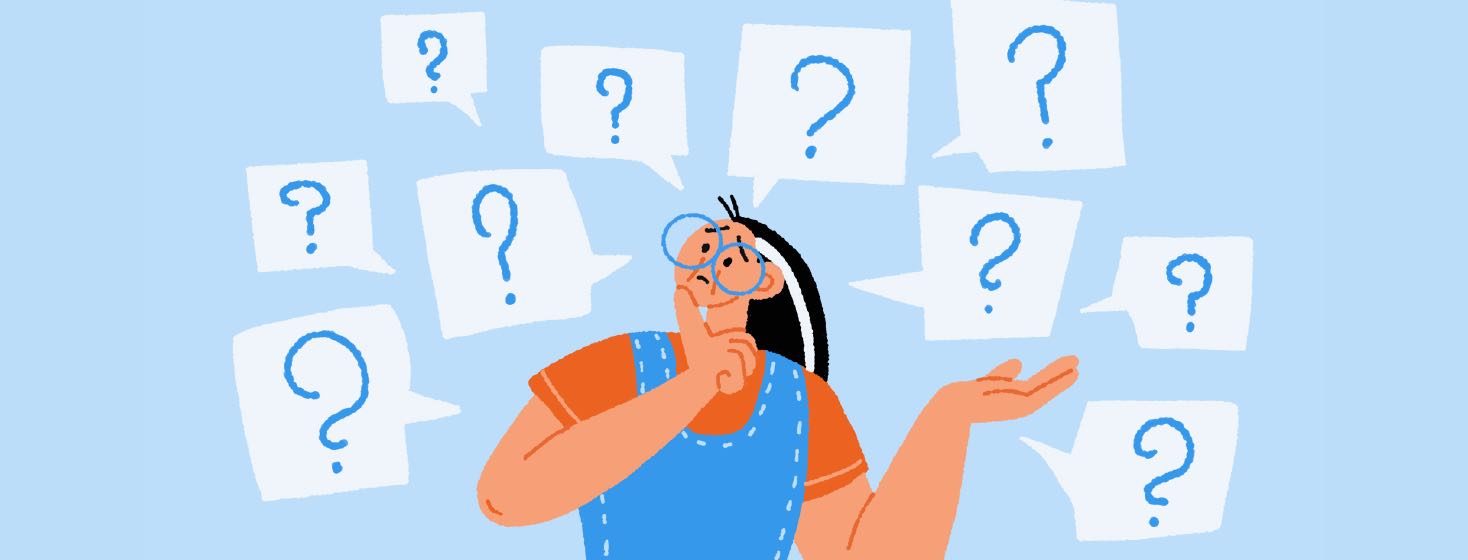Well, They Didn't Tell Me THAT
Maybe we can blame it on the emergency surrounding my surgery, and maybe we can say the post-op complications were taking precedence. But before and even after my surgery, I was woefully uneducated and unprepared for what life without a bladder and with an ostomy would be like.
I had to literally Google from my hospital bed in a pain medication daze what a urostomy was what it looked like and how the surgery was done.
My medical team told me absolutely nothing. I had surgery on a Thursday, was declared a success, and was sent home the following Wednesday with a smattering of ostomy supplies and no clue what to do other than change my bag. (Major kudos to Nurse Frankie for making sure I knew at least how to care for my stoma properly!). Here are a few things I know now that I wish my team had warned me about before my radical cystectomy.
Now more than ever
Even with one kidney and no bladder, I "pee" more now than ever. Maybe it's because I work harder to stay hydrated now or that having a bag on the outside of my body makes it more noticeable.
These days I definitely notice I tend to make more bathroom trips than I did when I still had a bladder. I'm more apt to make "just in case" bathroom visits to make sure my bag is empty before running errands and keeping in mind where the nearest bathroom is.
Anatomy changes
Men and women will experience anatomy changes to an extent with bladder removal, but with women and especially those of us who had a hysterectomy as well, the changes are more noticeable.
I always thought I was pretty well-versed in human anatomy, but I never really thought about how our internal organs share so much connective tissue. When a woman has her bladder removed, a section of the vaginal wall must also be removed since they share connective tissue.
This, coupled with a hysterectomy, will leave women with a shorter vaginal canal, and just how short can vary widely. For me, it was very noticeable, and led to difficulties with intimacy, and I required pelvic therapy to improve my condition.
The aftermath of nerve blocks
No one prepared me for the permanent numbness and muscle damage I would have after surgery.
My surgeon placed nerve blocks during surgery to help with the pain. I knew they would last well after surgery, but I didn't realize that there was a possibility for the effects to be permanent.
For me, the tops and upper insides of my thighs are completely numb. In some ways, this is a perk because I can hardly feel my bag against my body, but it sure is a pain if I get an itchy spot that straddles the area with feeling and numbness.
Numbness and muscle deficiencies
I also now have some numbness and muscle deficiencies in my lower abdomen. I cannot "feel" or flex any core muscles below my belly button. Because of this, I have to be very careful about hernias, and I work with a physical therapist to strengthen my core while being careful of the hernia risk.
With a weak core, I've sometimes dealt with lower back pain and fatigue. With physical therapy, this is improving, but it's certainly not something I was prepared for before or after surgery.
Things they didn't tell me
There are so many things I know now that I wish I could go back in time and teach my pre-surgery self. Most I've overcome and educated myself about through trial and error. I get a little frustrated knowing that had I been made aware sooner, I could have sought therapy and treatment or at least been mentally prepared for it.
Have you experienced a lack of education from your team about life post-radical cystectomy? Is there anything you know now that you wish you had known before? Tell us about your experience in the comments below, or share your story with the community.

Join the conversation